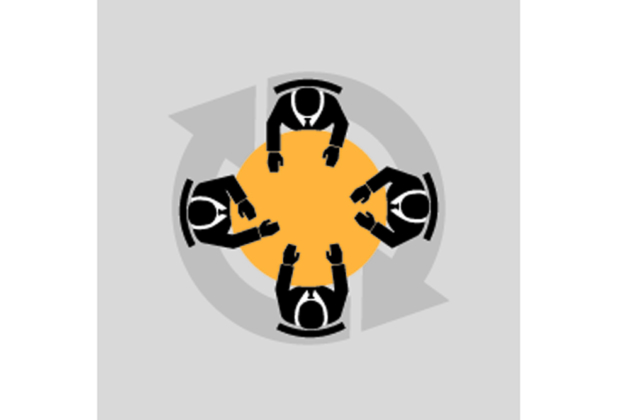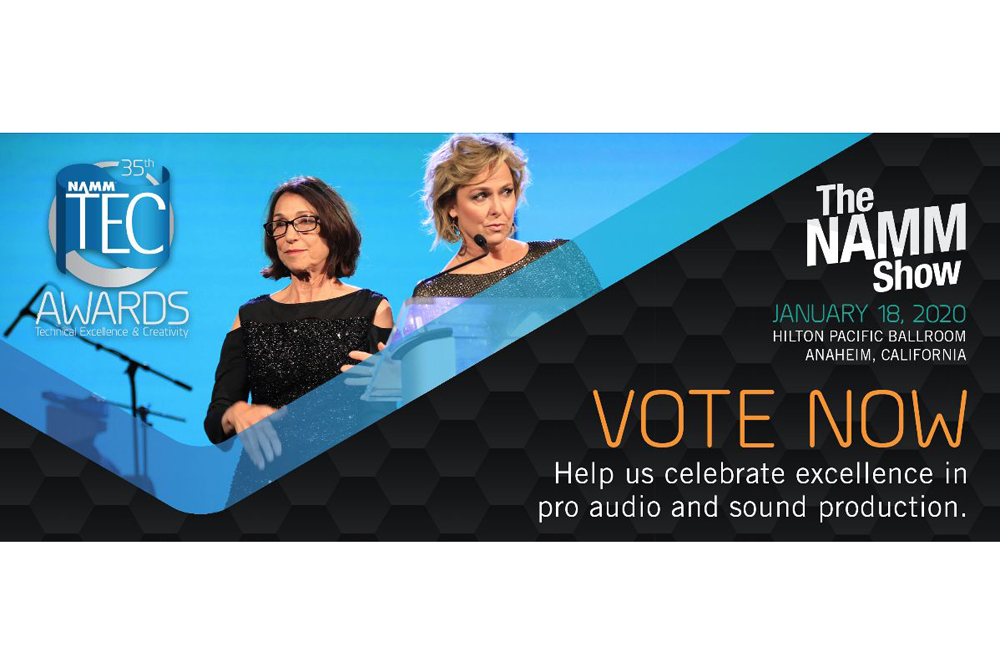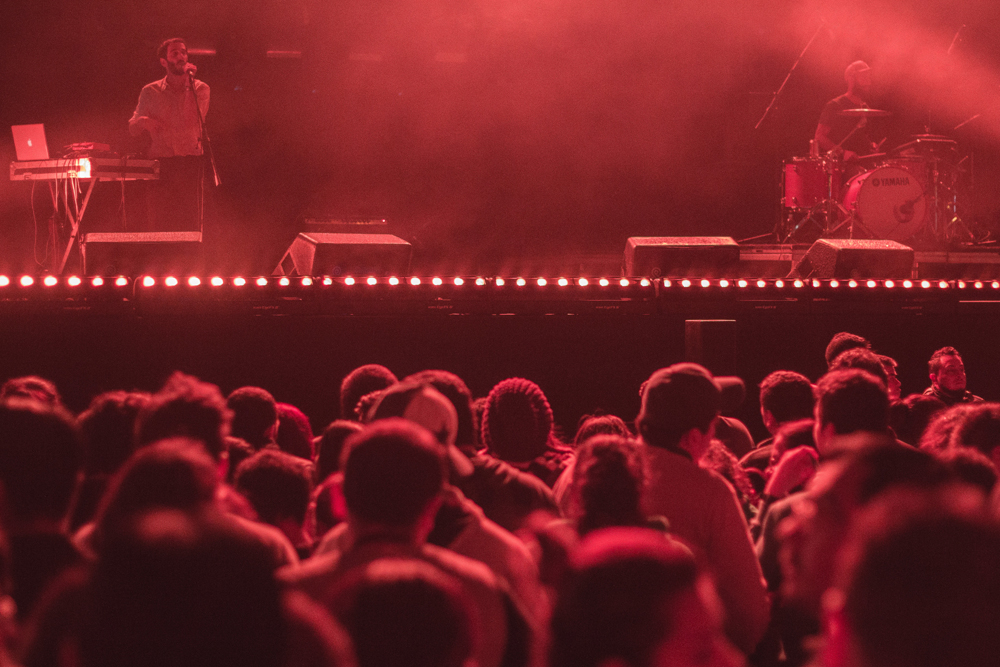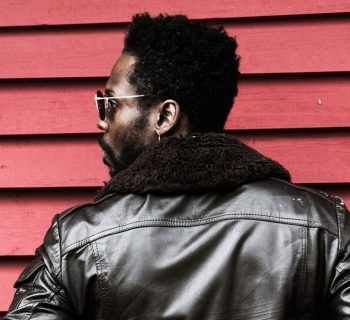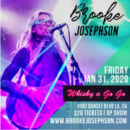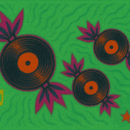Every artist attempting to forge a living through music seeks a home where experts, wise to the ins and outs of this tumultuous business, are willing to place their support behind them, helping navigate a path from unknown performer to superstar. Yet how one grabs the attention of these captains of sound remains a mysterious hurdle for most performers.
Compounding the difficulty behind this unenviable task are throngs of competitors vying for the same coveted, limited slots. What, specifically, are these taste-makers looking for? How should they best be approached? And once someone has the attention of these venerable honchos, how does one generate a positive impression that will effectively seal the deal? Further, what questions should be asked in order to make certain any given label will have an artist’s best interests at heart?
To shed light on those elusive realms, we chatted up three elite A&R mavens—Mark Chipello of publishing-focused Position Music, Ian Cripps at Atlantic Records and young rap, hip-hop and R&B specialist Baroline Diaz from Interscope. The advice we uncovered will aid any burgeoning performer in gaining the notice of those who can make a difference, ultimately transforming an aspiring diva or basement-dwelling strummer into an international icon.
 Ian Cripps
Ian Cripps
Senior VP of A&R
Atlantic Records
atlanticrecords.com
How did you end up at Atlantic?
I was born and raised in Los Angeles and was obsessed with music from a young age. I identified an immediate love for discovering artists and turning them on to my friends. I was always in clubs in my teenage years and got an internship to make demo CDs of unsigned artists. Through that process, I met someone at Warner Brothers and started interning there. A couple years ago, I met Craig Kallman and I’ve been rocking with Atlantic ever since.
What’s the most common way you discover talent?
There’s no one way. It’s just constantly being available and open. There’s a lot of noise and it’s my job to not sleep on anything. It’s that addiction to wanting to be the first to discover something that keeps me going. I wake up hoping I’m going to bump into the next great artist.
Do you have any unique stories of finding an artist?
Every signing has an interesting and unique story behind it. They’re all unique and special to me in their own way.
How do you want artists to get in touch
with you?
The majority of artists I fall in love with I usually discover rather than them sending their music to me. Or I will hear about it from a manager, booking agent, mutual friend or an attorney. Every once in a while, I’ll get sent something that excites me, usually via email.
What’s more important––recorded material or seeing a good live performance?
Both are extremely important. It depends on the type of music that’s being created, but it’s important for artists to be able to perform and get their sound in front of as many people as possible.
What should artists do to make a good first impression?
Artists should always be true to themselves. Making a good impression means being unique and true. You can tell when someone is trying to make music or market themselves without it feeling organic and real.
Do you want artists to contact you directly or do you prefer they use a representative?
It’s always a benefit to have a strong manager to share the vision, but there are artists who are literally discovered off of street corners. It all depends on where an artist is in their career. It’s always a positive when an artist walks in the door with a strong team around them.
What’s the most critical element that makes you want to sign an artist?
Of course, it’s extremely important to look at all the variables, including live show, data and research, but most importantly it comes down to the music and trusting your gut, if it moves you and you see it moving other people.
Are there types of stories that can help an artist?
The best story to tell is your truth. I’m not selling real estate or cars. I’m looking to help people tell their stories. And usually the best [artists] are able to tell their own story.
How do you become an A&R?
Obsessively be around music. Be at shows. Constantly listen to music. Build relationships; relationships are everything. Just be out and in the mix. To be an A&R, you have to have an obsession with music and for discovery. I don’t drink. I don’t do drugs. My addiction is finding the next best song or artist that’s out there.
Why should artists want to sign with you?
We tend to follow the lead of our artists. From the top down, it’s a building filled with really passionate music lovers. And I think that artists feel that when they walk in the door.
Do you have any advice for artists?
Constantly create. Put music out. Create content. Play shows. Do everything you can to get your music out there. Don’t hold onto it. Let people hear it.
How can artists be certain a label is a
good fit?
Everything comes down to building real, human relationships. I tell that to every artist I meet. You’re entering a real, long-term relationship, so you want to get to know the people you’re entering into business with and make sure your vision is aligned with theirs.
What questions should artists ask A&R reps and labels?
Ask as many questions as you can. Just make sure you’re with an extremely passionate individual who’s going to fight for you every day. •
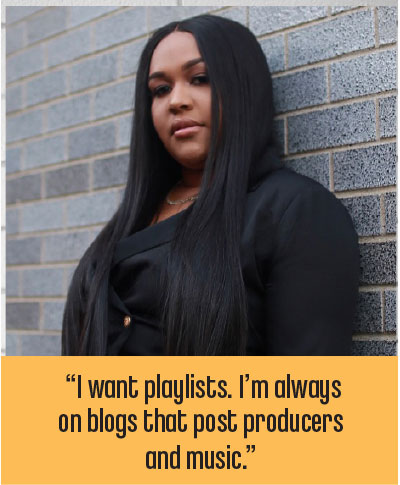 Caroline “Baroline” Diaz
Caroline “Baroline” Diaz
Senior Director of A&R
Interscope Records
interscope.com
How did you arrive at Interscope?
I was brought into Def Jam by one of my friends who was moving on to work with Young Jeezy and they needed somebody to fill the position. I was horrible as an assistant. I couldn’t even order lunch right, but they just liked my energy. I saw that they were interviewing people for the position I was there for, so I was like I’m out. When I was leaving, they were like, no, we want you to stay. They ended up keeping me as a temp.
I kept telling my boss I wanted to be an A&R. They were like, whatever, she doesn’t know what she’s talking about. And one of the artists I told somebody else about ended up getting a deal with that artist and I didn’t get credit.
When I went to LA, I met Shawn Holiday, who’s at Columbia. And I was like, I want to be an A&R. I had that hustle and people liked that about me. Def Jam found out I was doing interviews and felt betrayed, but I was like, you guys were overlooking me. I ended up working at Columbia for four months and signed Polo G. After I signed him they told me, hey, we want to put you on a contract.
Then Atlantic called and said Craig Kallman wants to meet with you. Columbia found out I met with Craig and then Interscope also found out and they offered me a job.
How do you want artists to get in touch with you?
My Instagram is crazy; I get a message from a new artist every five seconds. But I have to love the artist and connect with them. That’s the only way I’m going to be successful. One of my latest acts, Ann Marie, I had already been in the studio with for months. I already had a connection with her. And there was something in my heart that [told me] she was going to be the biggest act.
What’s most important to you?
Recorded material is very important, but if an artist doesn’t know how to perform live, especially now… That’s the way they expand their fan base. An artist can be good on a streaming service, but an artist should be able to sell hard tickets. That’s important to see if your fan base is really legit.
What’s the most common way you discover talent?
Word-of-mouth. Sometimes I talk to kids in the research department and just ask them, yo, who’s hot right now? Whose video’s streaming? I also listen to music a lot. I want playlists. I’m always on blogs that post producers and music.
What’s a common pitfall artists fall into?
If an artist is spamming me online, it’s really frustrating. When an artist is like, hey, here’s a song, please tag Baroline and then they start tagging me, tagging me, tagging me, that’s so annoying. The artist just needs to work hard and get on my radar.
Do you want artists to have representation when they get in touch with you or would you rather they contact you directly?
If it’s a new artist, I’d rather speak to the artist, because sometimes they have friends who are managers who don’t really know what’s going on. Or people they’re signed to they don’t want to be signed to. I’d rather speak to the artist directly.
What’s the most important element that makes you want to sign an artist?
It’s more than just talent. It has to be personality––their voice, their performance, how they interact with their fans, if they’re a good person. I have to feel connected to the artist. I have to see the longevity and see growth if it’s a developing act. I have to believe that maybe the artist is not going to blow up next week or next year, maybe we’re going to have to take three years, but they’re willing to work and put in the effort to become the next biggest act.
How much weight do you put on things like social media followers and concert attendance?
I love when I look at an artist and their show and the kids know their songs word for word. Oh, this is for real; they really have a fan base.
Are there types of stories that can help an artist?
When I signed Polo G, he had a record called “Finer Things.” You could just hear the pain in his voice. When I saw that video, I was like, he has a story to tell. I just saw a superstar. And that’s what he’s becoming.
How do you become an A&R?
You just have to get into the right places, get in front of the right people, get an internship at a label. Connect with people and find [others] who are doing the same thing as you.
I was a hustler. Nobody could tell me I wasn’t going to be where I am today. I didn’t know I was going to be an A&R, but I knew I was going to be somewhere in music. I have amazing relationships because I always make myself available. You can’t stop. People are going to shut doors in your face and you’ve got to keep going.
Why should artists want to sign with you?
Because we’re the hottest label in the industry. Interscope is like a little family and everybody just makes you feel like you’re in a loving place. We are like a machine. We put the fuel behind the fire. Once you come in, we’re ready to work.
How can an artist be sure a label is a
good fit?
If you feel like you’re there and you need a machine behind you, definitely sign to a label. A label is just a machine. We’re able to give you opportunities that you can’t give yourself. People like to be independent, but a label is the only one who can help you get to the next level.
What makes you such a good A&R rep?
I’m involved in all elements of my artists, from videos to promo to marketing. I like to be involved in everything. My artists can call me at any time. I just want to see my artists grow, because if I sign an artist and they don’t become successful I look like an asshole. If I’m putting my face out there, I sign the artist and then they’re just sitting at the label, I look crazy. That’s why I don’t even take meetings with artists I don’t want to sign.
Do you have any advice for artists?
Don’t stop. Focus on yourself. Stop looking at other people’s Instagram. Stop worrying about other rappers. Worry about yourself. •
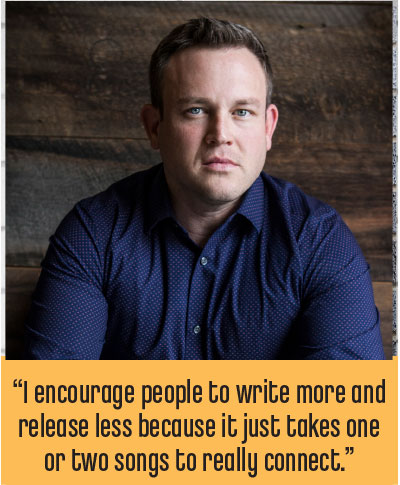 Mark Chipello
Mark Chipello
VP/Head of A&R
Position Music
positionmusic.com
What’s most important to you?
As a publisher, much of the world I live in is song first. I’ll hear a lot of artists who are incredible in terms of performance or vocal range or they have some crazy guitar player, but then the songs, either structurally or compositionally, don’t have what I’m looking for or the recording just isn’t up to quality.
What’s the most common way you discover talent?
Through this network I’ve built over the years. I’ve spent a long time on the road as an artist, so a lot of it comes from that. And then [there are] managers, producers and writers I know who are constantly sending me music.
Do you have any unique stories of finding an artist?
I signed Welshly Arms six years ago. I knew the lead singer from my touring days. He was playing guitar for pop artists but I didn’t know what he was like as a songwriter or vocalist. Years later, a mutual friend tweeted that they were at SXSW; they ran into the lead singer of Welshly Arms and asked what he’d been up to. Then he played them this EP he’d just made. In the tweet, he included the link and I instantly knew this was something I wanted to work with. Six months later, we landed one of their songs in a Miller Lite commercial for $50,000. It was the song I fell in love with and had the visceral thought that we could get this in a beer commercial.
How do artists make a good first
impression?
It sounds cliché, but it’s all about the song. If you get the right song to people and they think it’s special, they’re going to organically share that. It’s about the song but more than that it’s about carving a lane for yourself. You’ve got to create a song that’s doing something interesting, fresh and new. You have to find your angle that makes you special.
Do you want artists to contact you directly or would you prefer they use a representative?
It helps if it comes through someone I’ve kind of connected with, but you can always just send music in. It’s just hard, because the volume of submissions we get is so big that the odds of anything in that submission bucket being something we get excited about is so low. Without some form of relationship, it’s pretty difficult.
What’s the most critical element that makes you want to sign an artist?
A lot of it is just emotional reaction. I’m passionate about music because it moves me. I want to have an emotional connection to something. There are things we sign here where I may have less of an emotional connection, but the goal is that you’re moved by it and there’s a lane for the song and artist to be profitable.
Do you look at things like social media
followers or concert attendance?
Sometimes we’ll have A&R guys from big companies and they’ll tell me—this lawyer sent it to me, this is their booking agent, these are their touring numbers. And 30 seconds into a song we’re like, we don’t like this at all. If you’re going to pitch to get into a TV show, movie or commercial, most of the time we don’t care about the story. Does the song work with the picture? If it’s someone I’m looking at on the label or management side, then those other things matter because it’s evidence that the artist is reacting.
Are there types of stories that can help an artist?
It’s about compelling content. Whether that compelling content cuts through on TikTok or YouTube or Instagram or at a live show I don’t think matters. You need to build some compelling metric. You could have a song with 10 million streams. You could sell out the El Rey Theatre. You could have 300,000 Instagram followers. But you want some numerical, binary evidence that your art is working.
How do you become an A&R?
Bring me great stuff. Find me the next band that’s incredible and bring them in. They have to not have a publishing deal and be willing to talk to me. But if that’s the next game-changing artist, you’re literally proving you can do the job.
Why should artists want to sign with you?
We’re not in the model of some publishers where we acquire assets and sit on them and it’s more of a banking relationship. We have a big and aggressive nine-person sync team and a very small catalog, so the ratio of copyright to salesperson is pretty incredible.
What’s a common pitfall artists fall into?
Releasing too much music. For the most part, people have to write a lot of good songs to get to a few great songs. Too many artists want the instant gratification of feedback from fans. But I encourage people to write more and release less because it just takes one or two songs to really connect and change your life. If you consistently put out good music and don’t push yourself to get to those great songs you can easily get grouped with the millions of other artists who are trying to cut through.
How can artists be certain a label is a
good fit?
Get someone who really believes in your art and is passionate about it. Even when an artist has a long, successful career, there are going to be a lot of valleys. You need someone who’s happy to push through those valleys. You’ve got to find someone who really gets you.

